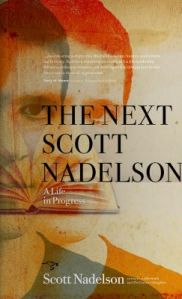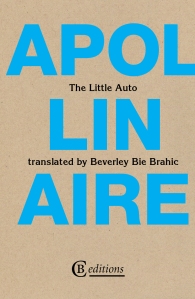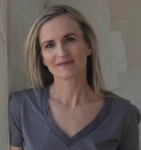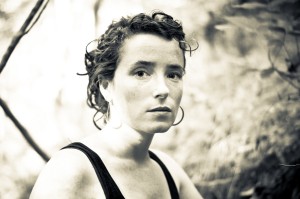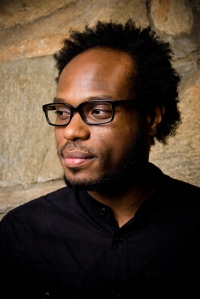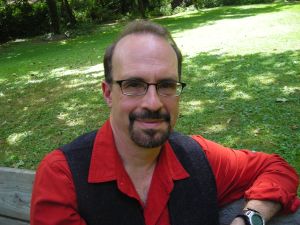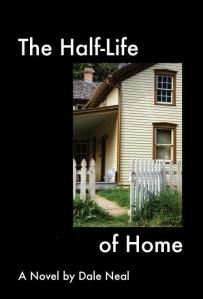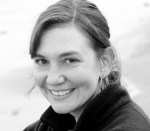Three new poems by Matthew Olzmann (poetry, ’09) appear online at Toad.
All of it is Fading From View
Train wrecks, meteors, catastrophe after catastrophe:
when you were a boy you could survive anything. Leaps
from the tree house into small piles of leaves.
The walls you pedaled your bicycle into. Just scrapes.
Just tiny cuts. Just bruises that are already fading.
Hush child—see, you are fine.
But these days, a crawling ache explores
your body, maps uncharted territories,
plants little flags of sadness on all your shores.
Still, life is good. So good. Your brothers, your sisters,
your parents—all of them—are here, but
you’re aware of a certain motion, a pendulum
whose silhouette sweeps the land.
Just for a second, don’t worry. See? Now it’s passed.
Quiet, young man; everything is fine.
Still, you feel everything
changing. The cornstalks along the highway
are never as tall as you remember...[Keep Reading]…
Matthew is the author of Mezzanines, available today from Alice James Books.


